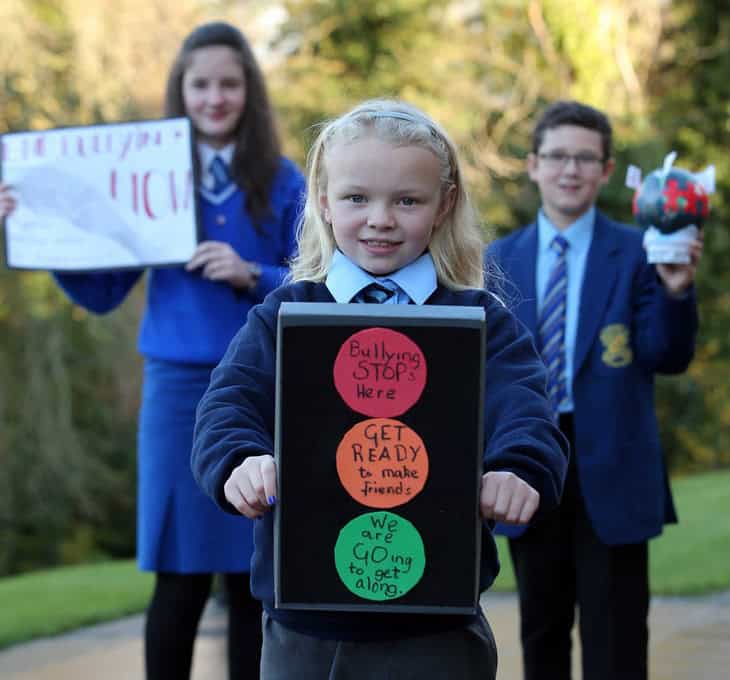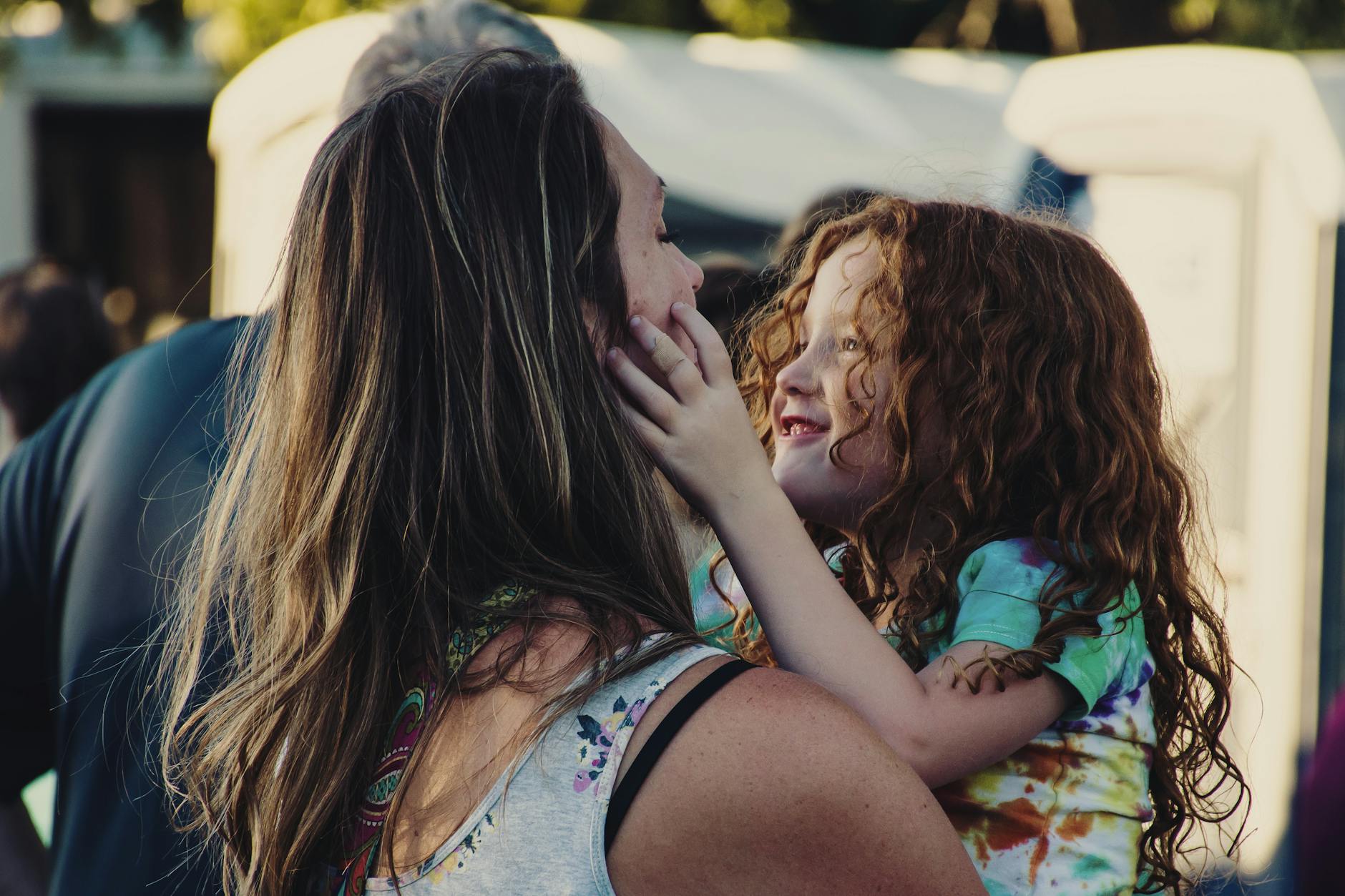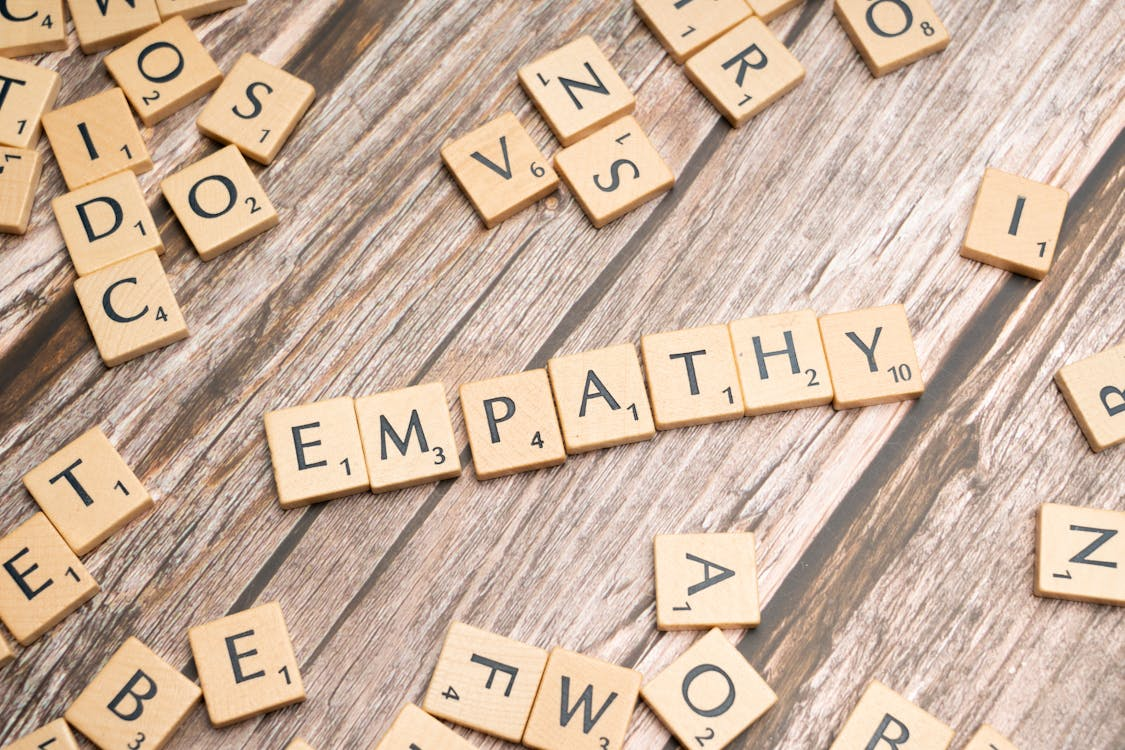Learn About Three Bullying Prevention Programs that Have Made a Positive Impact on Students’ Lives

Why Do I Have an Interest in Bullying Prevention?
In my elementary and middle school years, I was a target for bullying and endured severe bullying from 5th through 9th grade. My confidence was not strong, my family was different from the average kid’s family in my school district, and I dressed a lot different than the other girls in my school, due to the influence and style of my parents.

I often felt alone at home and did not have a close relationship with my parents either, which often led to me acting out at school, at parties (the few times I was invited), etc. This increased the negative outlook other kids already had about me.
The extreme bullying I went through led me to years of anxiety, depression and self-doubt; but it also led me to want to make a difference for other children.
Following My Passion
In order to learn more about how to support children, I became a school psychologist and behavior specialist, and have since written over 200 research-based articles on learning, behavior, and social-emotional support strategies for children.
Through my own research, education and experience, I came across three research-based bullying prevention programs that are shown to have promising effects when implemented in schools. These are known as the:
Olweus Bullying Prevention Program
Steps to Respect
KiVa.
Each program is described below with links and videos for additional information.
Three Bullying Prevention Programs Supported by Research
1. The Olweus Bullying Prevention Program
The Olweus Bullying Prevention Program (OBPP) is designed for students in elementary, middle, and junior high schools (students ages five to fifteen). Research also demonstrates that OBPP is also effective in high schools, with some adaptation to the program.
Olweus has three different levels of intervention: school-wide, classroom-level, and individual-level.
Upon implementation of this program, all school staff participate in training. Teachers are asked to read training materials, have weekly classroom meetings, and participate in teacher discussion groups.
Additionally, all students participate in most aspects of the program and students identified as bullying others, or as victims/targets of bullying, receive additional individualized intervention.
There are many components to the OBPP. Some of these include posting and enforcing school-wide rules against bullying,
Other components of OBPP include holding meetings with students involved in bullying, ensuring staff intervention when bullying occurs, developing intervention plans for students involved in bullying, raising awareness and understanding of bullying in the community and in schools, holding class meetings, and refining the school supervisory system.

Studies on the Olweus Bullying Prevention Program reveal statistically significant reductions by at least 50 percent in self-reported bullying/victim problems in schools that implemented the program, compared to schools that did not.
Reductions were also reported in behaviors such as vandalism and truancy.
Significant improvements were also seen classroom behavior and social relationships between students.
Students also demonstrated a more positive attitude toward schoolwork and school.
There was also an increase in students’ satisfaction with school life.
2. Steps to Respect
Steps to Respect®is designed for grades 3 through 6 by Committee for Children, a nonprofit organization that is dedicated to improving children’s lives through effective social & emotional learning programs.
The program is designed to decrease school bullying problems by:
1) increasing staff awareness and responsiveness,
2) fostering socially responsible beliefs
3) teaching social–emotional skills to counter bullying and to promote healthy relationships.
Steps to Respect ® also aims to promote skills (e.g., joining groups, resolving conflict) associated with general social competence. Overall, the program is designed to promote a safe school environment.
Studies on Steps to Respect show that the program helps to prevent bullying in schools.
3. KiVa
KiVa is an evidence-based antibullying program that has been developed in the University of Turku in Finland. The positive impact of KiVa has been proven scientifically through several studies, including a large national randomized and controlled trial.
KiVa has three main components: prevention, intervention and monitoring.
Prevention
The KiVa curriculum has preventative actions directed at all students. Student lessons and online games provide concrete examples so children can better understand concepts related to preventing bullying.

Intervention
The interventive actions in KiVa are specifically for children and adolescents who have been involved in bullying. The goal is to provide schools and students with solution-focused tools that help to put an end to bullying.
Annual monitoring
KiVa offers annual online surveys for both students and staff. This helps monitor the effectiveness of KiVa in school. If bullying remains high, strategies may need to be implemented more rigorously.
Education and Behavior – Keeping Us on The Same Page for Children

Rachel Wise is the author and founder of Education and Behavior. Rachel created Education and Behavior in 2014 for adults to have an easy way to access research-based information to support children in the areas of learning, behavior, and social-emotional development. As a survivor of abuse, neglect, and bullying, Rachel slipped through the cracks of her school and community. Education and Behavior hopes to play a role in preventing that from happening to other children. Rachel is also the author of Building Confidence and Improving Behavior in Children: A Guide for Parents and Teachers.
“Children do best when there is consistency within and across settings (i.e., home, school, community). Education and Behavior allows us to maintain that consistency.”










